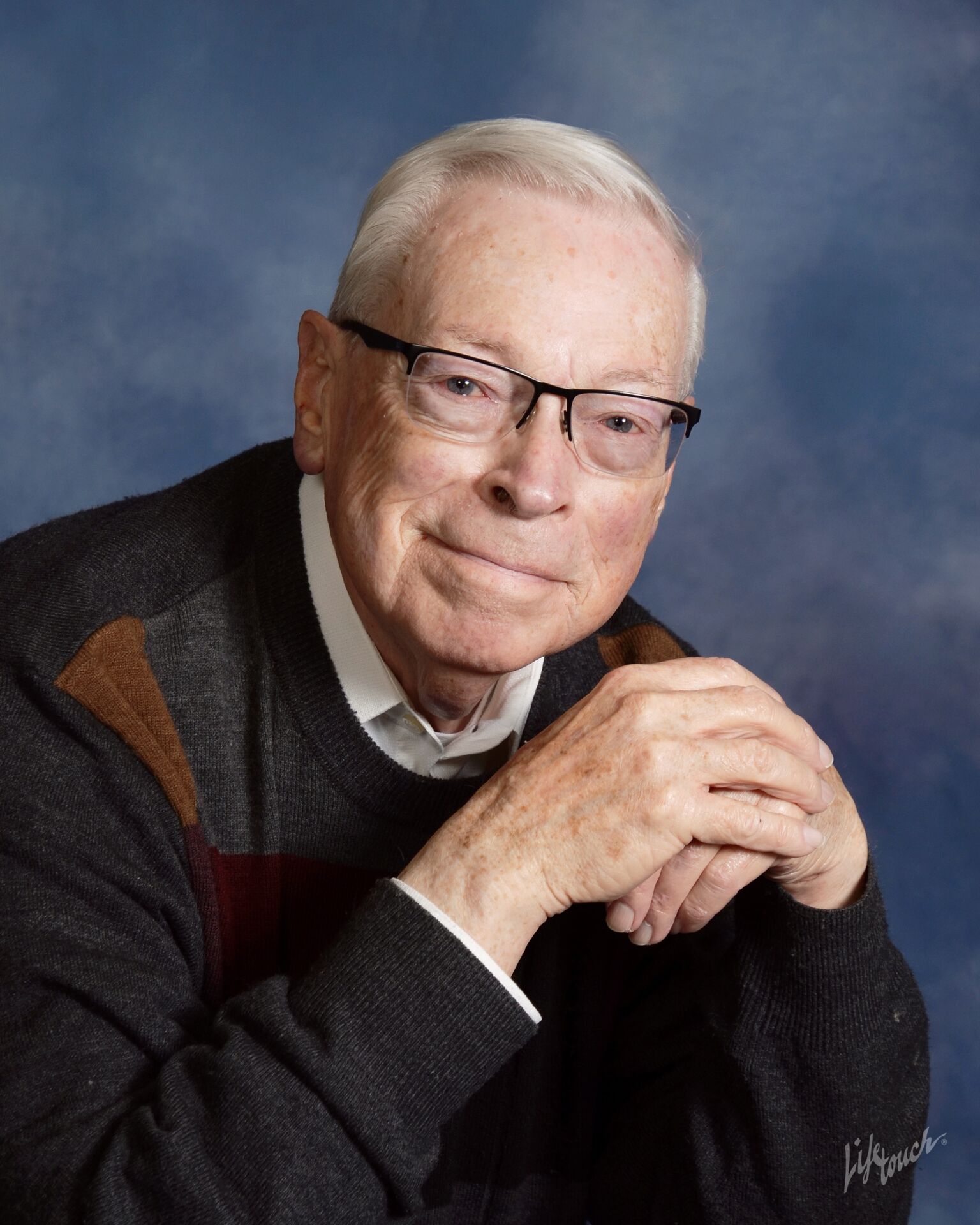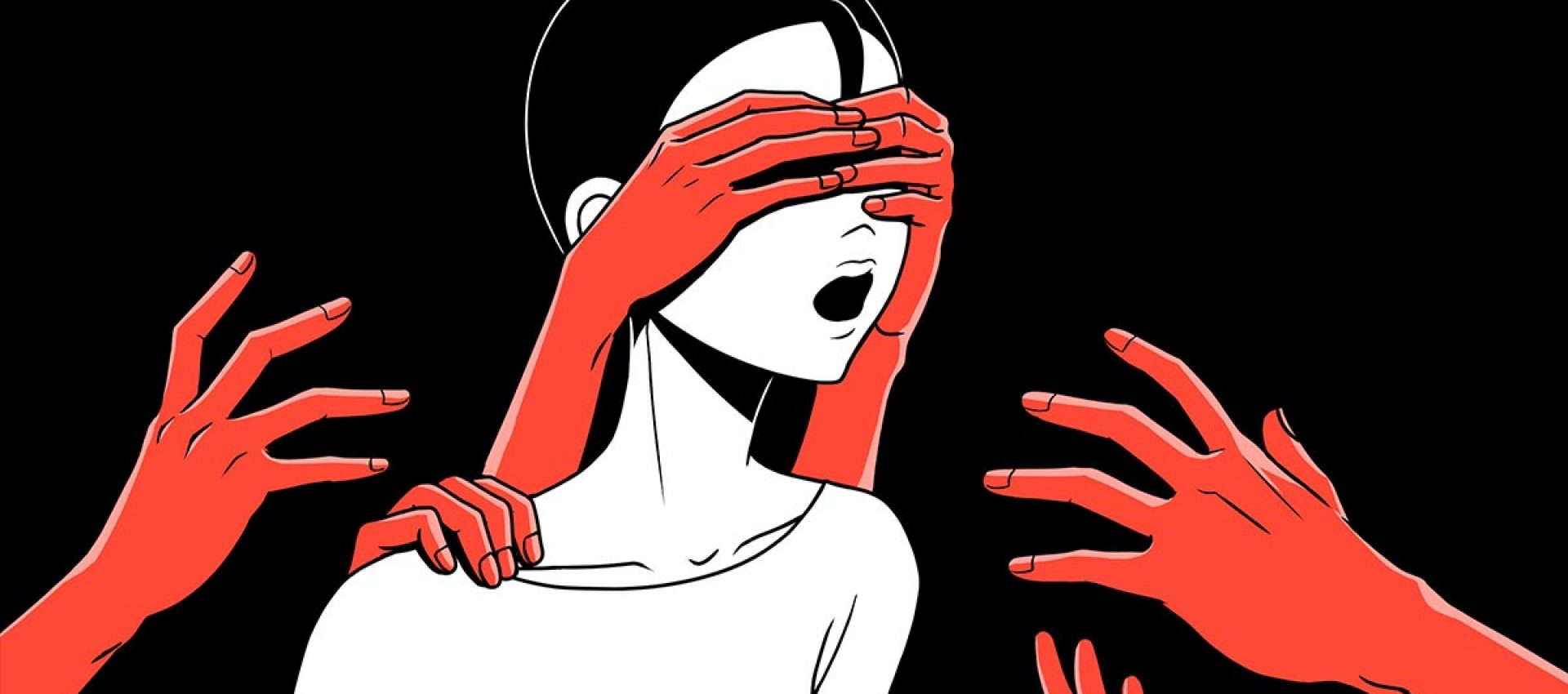How Not To Make Ourselves Miserable
Part 2: Staying Away from Mass Consciousness

By Dr. Robert Leichtman
Sometimes our best human instincts can work against us. Our innate sympathy can lead us to be concerned about the suffering of others. Our curiosity can connect us to events that upset us. Our anger about injustice can lead us to even greater distress. Our good intentions can put us in danger when we fail to recognize the awesome power we seek to oppose. There are definite times when we may attempt to confront forces that can easily overwhelm us.
Our own lives can be enough for us to manage, but our natural interest in helping others can crush us. Once we choose to take on the sins of the human race, we need to proceed carefully. The collective malice and selfishness in the universe will oppose us if we challenge it. Being an agent of goodwill and fairness is no easy task.
A little background about emotions
Before we discuss how to help others who are victims of neglect or abuse, we need to be mindful about how our emotions work. Emotions can be the force behind kindness, encouragement, and many other comforting gestures. But they can also exhaust us.
The bad news is that our anger, fear, and helplessness, like all emotions, are magnetic. This means they will connect us to the frustrations of other people. Our resentment about the mistreatment of a few will link us to the abundant anger in many more. Our general anxiety about the future of our country will attract the panic in those who already live in real danger. Our sense of futility and helplessness can draw us into us the vast turmoil in millions of people.
But wait. There is even worse news. Our subconscious has three important doors. The first door is to our conscious awareness. Through this door of our physical senses, we participate in the real world we can see, hear, and touch. Through the second or upper door we are able to be inspired. From this door we can receive nudges and hints that push us in the right direction.
But there is a third door or side door that leads directly to mass consciousness and group minds. This side door can open us to being immersed in the dark areas of mass consciousness—the vastness of fear, anger, grief, and helplessness of the human race. Unless we learn to restrain this connection, we can lose much of our conscious control to these deeply troublesome energies of anxiety and despair.
How do we know this theory of consciousness be valid?
Opening the side door of our subconscious to pain and suffering of humanity is a common occurrence. Usually it is opened by a burst of our sympathy or curiosity. This commonly occurs when we are suddenly made aware of the acute suffering of a dear friend or family member. Our concern and sympathy places us in close emotional contact with them, even though they may be many miles away. The surge of worry we have can be augmented by the additional stress we attract from mass consciousness. We may not notice this at the time because we are probably not able to sort out what part of our distress is our own, and what part has been added from the masses.
This is the mechanism that explains how we can become overwhelmed by distress and frustration. Our concern for the abuse or needs others can attract us to the unlimited frustrations in society. This can result in a tendency to go about our daily work in a fog of unrest and a vague sense of helplessness. In other cases, it can be a constant state of frustration and irritability that interferes with creativity, concentration, and sleep.

What can we do?
We need to monitor how we use our curiosity and sympathy. Naturally, some temperaments are more sensitive and active in these areas than others, but both of these attitudes are essential to our humanity. The wrong use of them, however, can cause us more grief than we can manage.
The primary problem is in the collective negativity in mass consciousness rather than in ourselves. However, it must be noted that our own misery and other distress contribute to the overall situation. The greater these qualities are in our nature, the more sensitive we will be to the distress in others. This fact suggests we may need to work on our own issues a bit more before turning to help others.
The first phase of reducing our distress from mass consciousness is to restrict our habits of reading the newspapers and watching too many TV programs, especially for the news. And for many, this also means limiting our use of social media to sympathize about the terrible situations of other people. This may require a significant alteration of your lifestyle.
The most important changes, however, need to be in our tendency to ruminate on the misery of others. Aside from our curiosity and sympathy, our habit of worrying about the difficult circumstances of others can undo all the protection we gain from ceasing to watch the TV news and limiting social media.
It may seem odd to be told to stop fussing about the suffering of others, but this is essential. We just need to show our concern without all our agony about their distress. We can express our compassion in a more appropriate and safe manner.
For instance, we can donate time, talent, or money to helping the groups we want to assist. Or we can, if our belief system approves, invoke divine blessings on those who struggle and suffer. Or we can hold the thought that those who fight will find the strength to carry on to win their battles.
Helpful hints for those who want to do good
Our ability to be helpful in the world is something that can be expressed efficiently only in direct service. While this may seem a bit hard-hearted, it only means that our greatest assistance is rendered in person. That is, those that we can physically see and advise or assist are the ones that can benefit the most from our assistance. Individuals who are many miles from us have to be helped by those who are in position to render similar assistance for them.
The concept is this. We need to focus on our ability to influence those who are tangibly present in our actual experience. There is nothing theoretical about this. We serve best those over whom we have direct influence. Our best wishes and hope for those unknown to us creates some benefit, but only a fraction of what we can do for those we directly influence.
And thus, we need to channel our goodwill and helpfulness to those in our immediate sphere. Our kind words, encouragement, and assistance can have a direct and tangible effect on them. Sometimes we can help lift their burdens, and other times we only lessen their pain and suffering.
Yes, this protocol may seem quite unsatisfactory to those who want to change the world. But the fact is we can only change the world one person at a time—beginning with ourself. Perhaps you are a world leader in a nascent phase, ready to take on a major role in society. But you probably are not!
While we wait to find out our destiny, we need to be prudent and use common sense. Unless you feel you are one of the chosen few, let us channel our goodwill and helpfulness to those situations where we have real influence and can provide tangible support. By all means, call upon the higher forces to support justice and truth wherever it is needed, but be practical about how we live our individual lives. Let us be cautious about excessive sympathy and curiosity.
A final word
The situation today calls us to be very careful to avoid the seductive grip of passionate attacks on the status quo. Our society may need some change, but we probably do not want angry, reckless people to lead us in these transformations. There may be many lumps and potholes in our path ahead, but we need to address these obstacles with our goodwill, creativity, and steady optimism. Let’s be intelligent, humble, and hopeful in the presence of our losses, failures, and disasters.
Let the definition or our courage be the quiet strength to try again another day. Let our hope be stronger than our despair, and let our confidence rise again to carry us to better day.
Think on these things

How Not To Be Miserable: Part 1
Thriving in an imperfect world can be difficult. There are many events and situations that can irritate us. But ultimately, our mood is our own responsibility. Here’s how to work consciously with what’s available to us.
